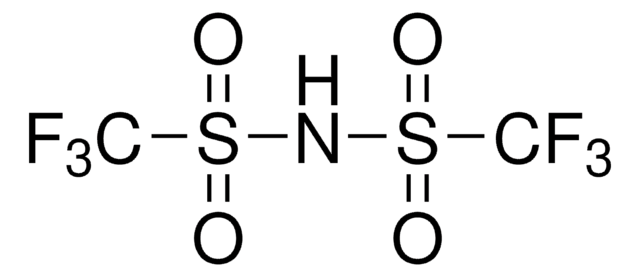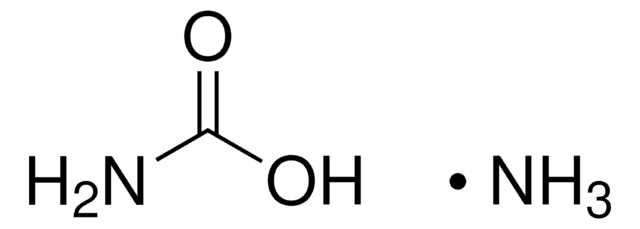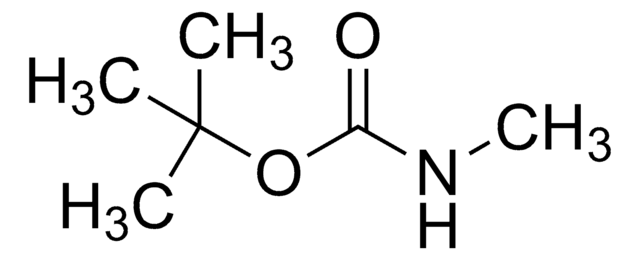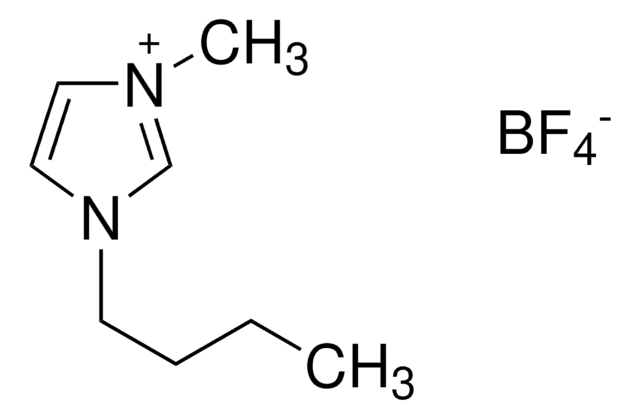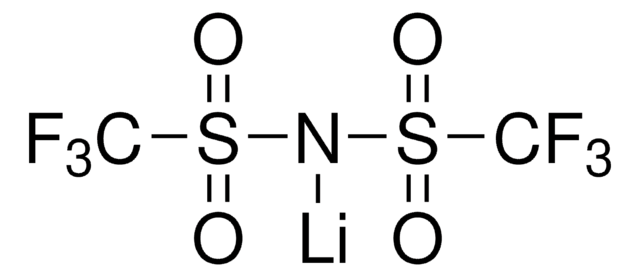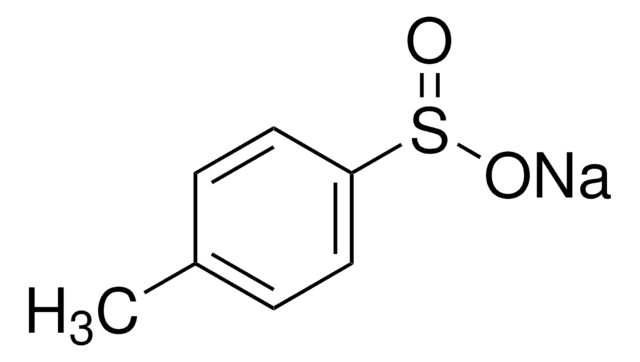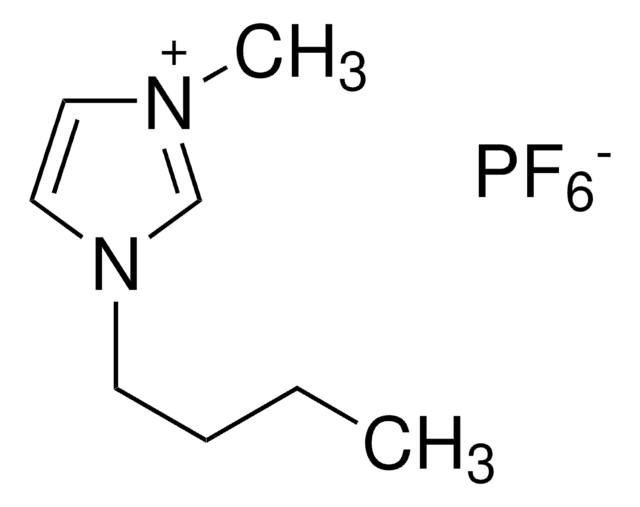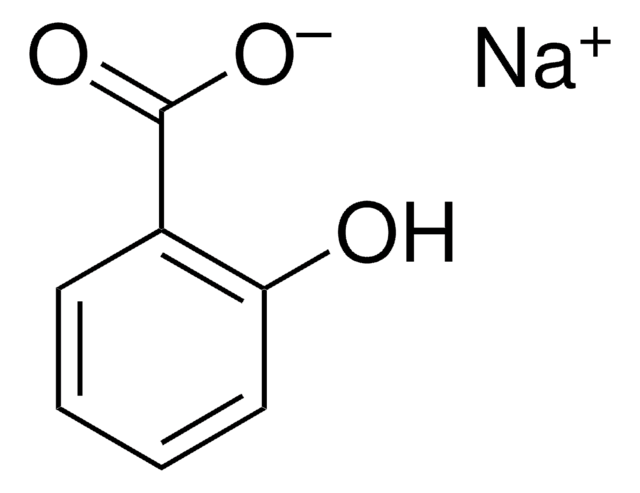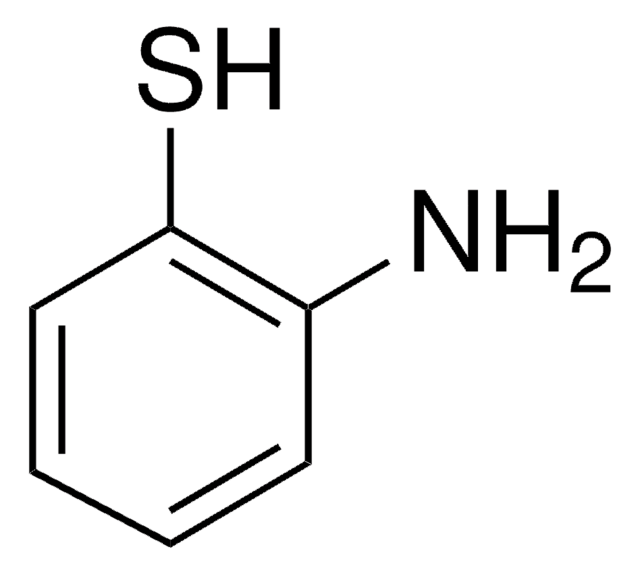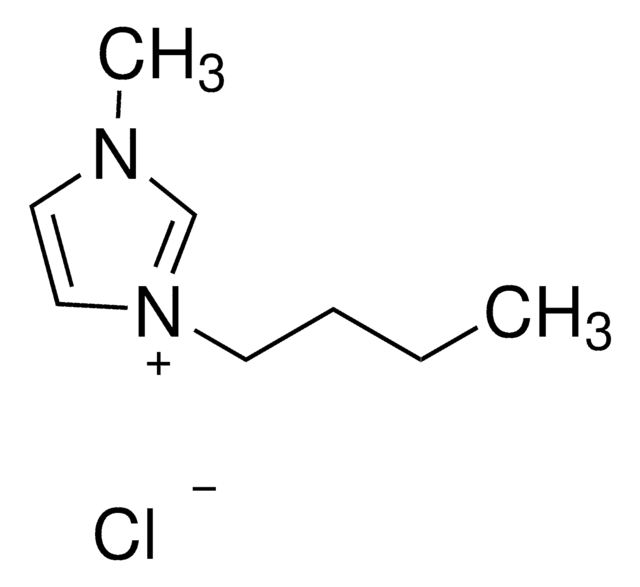408395
Dimethylammonium dimethylcarbamate
Synonym(s):
N-Methylmethanamine dimethylcarbamate, Dimcarb, Dimethylamine carbon dioxide complex
About This Item
Recommended Products
form
liquid
Quality Level
refractive index
n20/D 1.454 (lit.)
bp
60-61 °C (lit.)
density
1.05 g/mL at 25 °C (lit.)
functional group
amine
SMILES string
CNC.CN(C)C(O)=O
InChI
1S/C3H7NO2.C2H7N/c1-4(2)3(5)6;1-3-2/h1-2H3,(H,5,6);3H,1-2H3
InChI key
JIYXHCMRGZVYMA-UHFFFAOYSA-N
Looking for similar products? Visit Product Comparison Guide
Related Categories
General description
Application
- For synthesis of calixarene-based ketocyanine fluorophores
- Distillation extraction of tannins from plant materials
- Electrodeposition of silver or of lead on glassy carbon and mercury film electrodes
- Synthesis of Ag and Au nanostructures
- Reusable reaction medium for synthesis of monoarylidene cyclopentanones
Signal Word
Danger
Hazard Statements
Precautionary Statements
Hazard Classifications
Acute Tox. 4 Inhalation - Eye Dam. 1 - Flam. Liq. 2 - Skin Irrit. 2 - STOT SE 3
Target Organs
Respiratory system
Storage Class Code
3 - Flammable liquids
WGK
WGK 3
Flash Point(F)
55.4 °F - DIN 51758
Flash Point(C)
13 °C - DIN 51758
Personal Protective Equipment
Regulatory Listings
Regulatory Listings are mainly provided for chemical products. Only limited information can be provided here for non-chemical products. No entry means none of the components are listed. It is the user’s obligation to ensure the safe and legal use of the product.
FSL
Group 4: Flammable liquids
Type 1 petroleums
Hazardous rank II
Water insoluble liquid
JAN Code
408395-BULK:
408395-25ML:
408395-100ML:
408395-VAR:
Choose from one of the most recent versions:
Already Own This Product?
Find documentation for the products that you have recently purchased in the Document Library.
Customers Also Viewed
Our team of scientists has experience in all areas of research including Life Science, Material Science, Chemical Synthesis, Chromatography, Analytical and many others.
Contact Technical Service